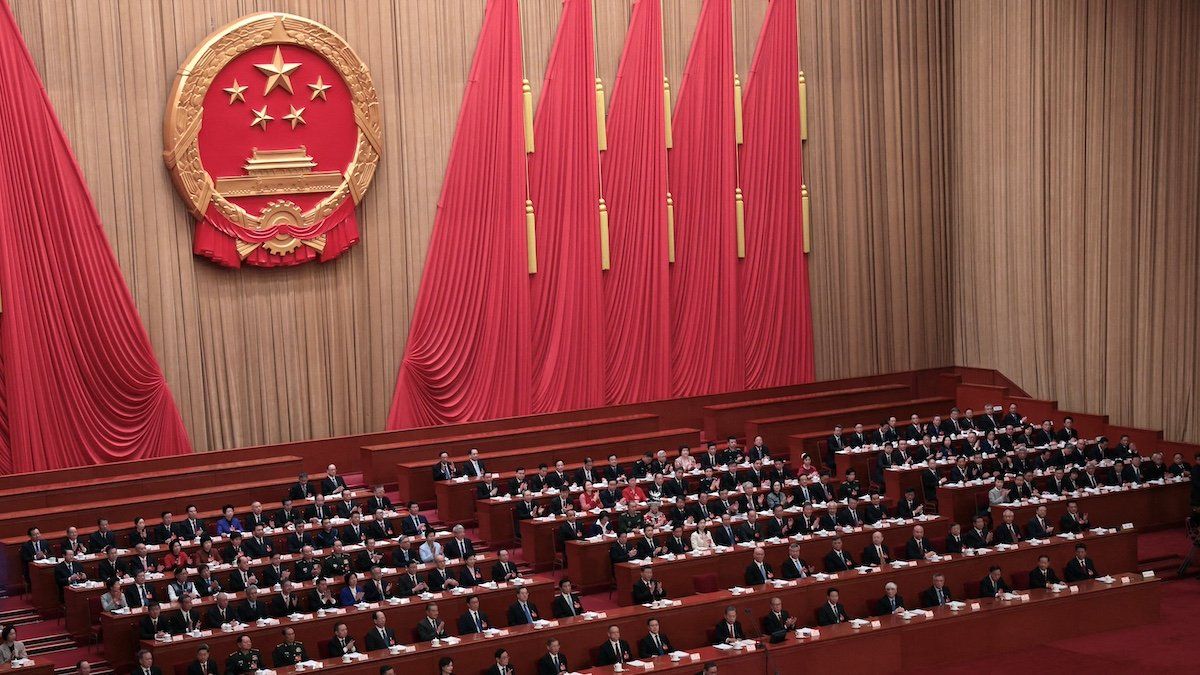Chinese Premier Li Qiang announced on Tuesday at the annual Two Sessions meeting that Beijing would seek to grow its economy by about 5% in 2024. China will also aim to create 12 million new urban jobs and keep inflation around 3%.
While it seems ambitious, Rick Waters, managing director for China at Eurasia Group, says Beijing will hit 5% – by hook or by crook.
“The bigger question is whether the Chinese economy will transition to sustainable drivers of lower but healthier growth,” he says. China is betting on high-tech industries, from renewable energy to electric vehicles, but these sectors will not easily replace the ailing property sector as a driver of growth or aid in the transition to a consumption-led growth model, even as Xi attempts to tighten control of both politics and the economy.
One side effect is that economic data is now becoming politically sensitive, with Beijing withholding youth unemployment numbers and censoring references to deflation.
Just this week, Beijing scrapped the annual tradition of holding a press conference with the premier at the Two Sessions – not just for 2024, but until 2027. That ends one of the only opportunities journalists had to question China’s head of government about the country’s highest-level budget and policy decisions.
“Canceling your quarterly earnings calls isn’t a formula to improve market perceptions. The reality is that market information on the world's second-biggest economy is worsening,” says Waters.

















